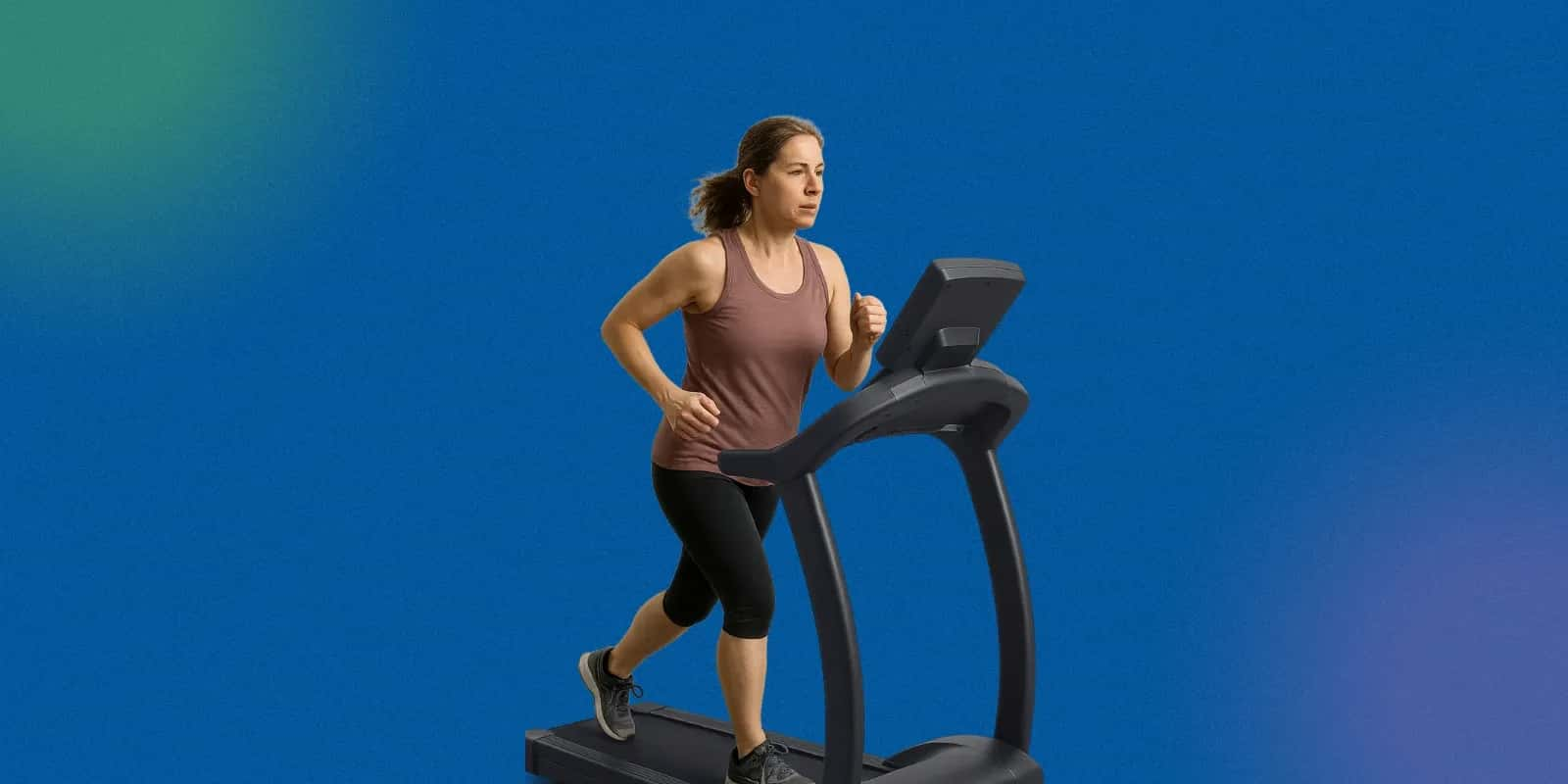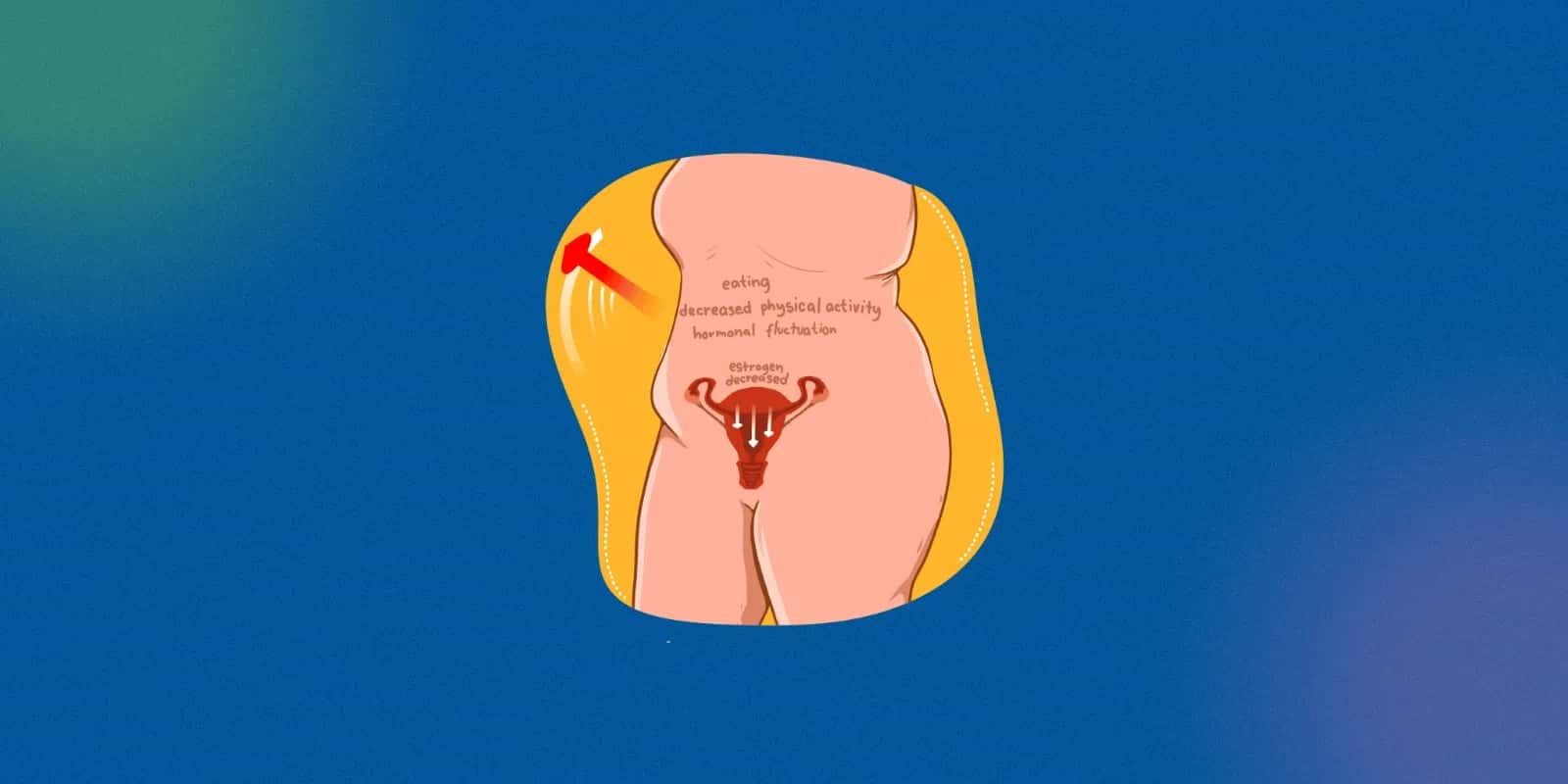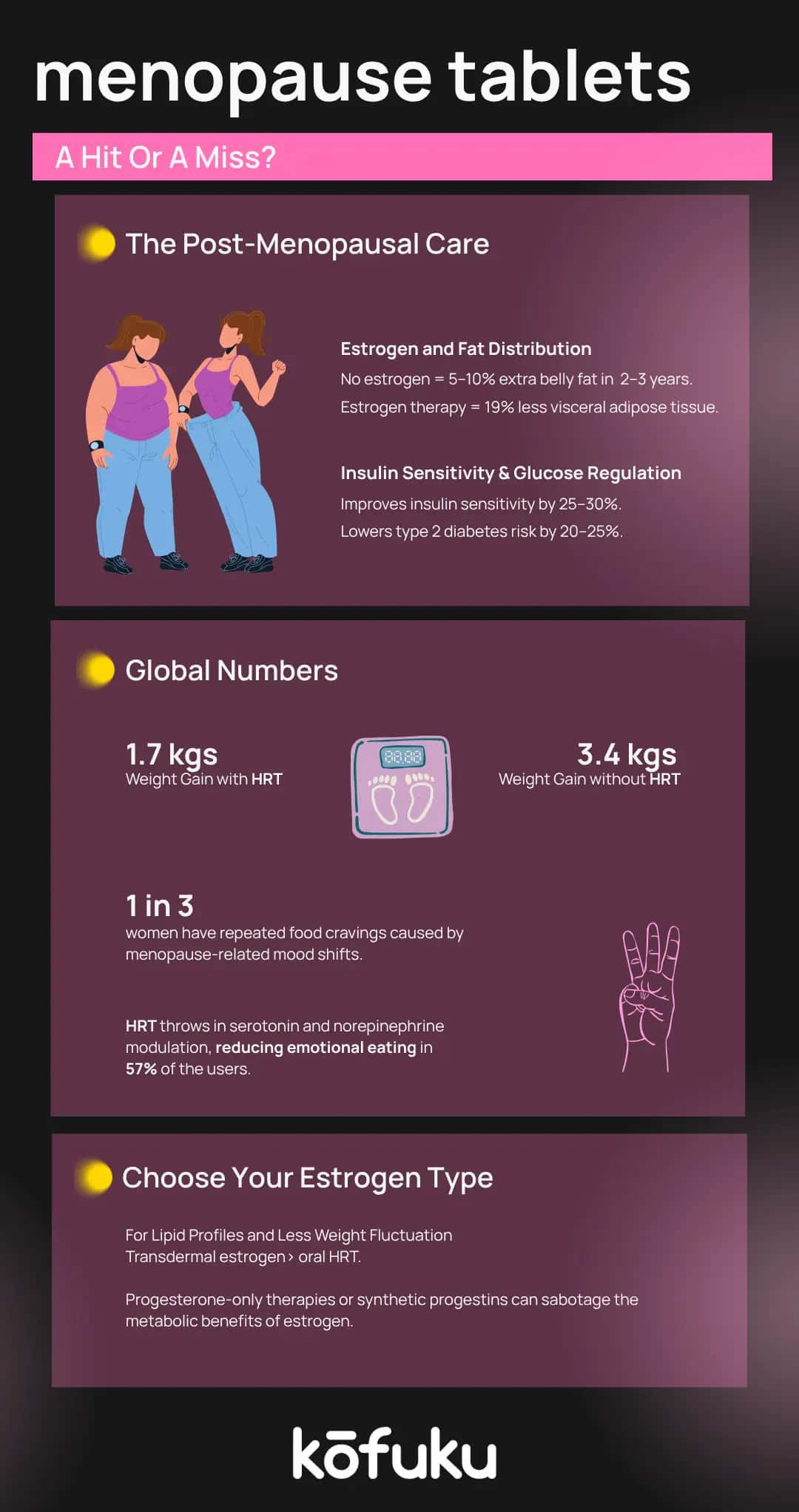Do Menopause Tablets Help You Lose Weight? The Truth Revealed!

Introduction
Many women struggle with weight gain during menopause, which is natural to expect, but women are now turning to menopause tablets for a fix. The most important question to ask is, “Do menopause tablets actually help you lose weight?”
Well, the answer to that is not black and white. This article will help you unpack the real truth behind these menopause tablets and what happens during menopause.
Understanding Menopause: More Than Just a Hot Flash
Menopause hits women like a truck, out of nowhere, and surprisingly, many women still don’t comprehend the entirety of this hormonal monster of change. Menopause happens when a woman doesn’t have periods for 12 consecutive months after a certain age, typically in the late 40s to early 50s, although some women experience it earlier. This signifies the end of her reproductive years.
As the ovaries gradually slow down production of the eggs, the transition, known as perimenopause, can start years before menopause and leads to fluctuating hormone levels, particularly those of oestrogen and progesterone. This change causes a range of symptoms like mood swings, hot flashes, and changes in bone density and metabolism.
Premature menopause, also known as premature ovarian insufficiency, occurs before the age of 40 and can be caused by autoimmune disorders, genetics, or medical procedures like chemotherapy.
While post-menopause lasts for the rest of a woman's life, perimenopause can last for several years. Although menopause isn't painful, it can be difficult to deal with symptoms like headaches, joint aches, vaginal dryness, and exhaustion.
The Weighty Issue: Why Menopause and Weight Gain Go Hand-in-Hand
Women suffer from menstruation when they’re young, and just when you think you’re at the age where all of this would finally stop, menopause comes in like an uninvited guest and brings with it weight gain.
This is one of the most frustrating changes during menopause, especially when the weight gain is around the midsection, but who’s the culprit in this? It’s a combination of biology and lifestyle.
The oestrogen levels fall, causing your body to store fat differently. A common thing that happens is the transfer of fat from the thighs and hips to the abdomen, and on top of that, as people age, their metabolism naturally slows down, making it easier to gain weight and more difficult to lose it.
Changes in eating and activity patterns also greatly affect the issue. Increased cravings for comfort foods and a decrease in motivation to exercise can result from hormonal symptoms like mood swings and exhaustion.
It should come as no surprise that many women look for short-term solutions to help them control their weight, such as menopause medications. However, can the underlying causes of menopausal weight gain be effectively addressed by these tablets?

Menopause Tablets: What Are They and What Are Their Uses?
Menopause tablets can be divided into two main categories: Hormone Replacement Therapy (HRT) and non-hormonal treatments.
Hormone Replacement Therapy (HRT):
These tablets replace low hormone levels and may contain progestin, oestrogen, or both. It is primarily used to prevent bone health issues, relieve vaginal dryness, hot flashes, and night sweats.
But do they aid in losing weight? Although HRT doesn't directly help with weight loss, by maintaining oestrogen levels, it can help stop belly fat from building up. Some women say they sleep better or feel more energised, which may help them adopt healthier lifestyle choices.
Side Effects:
- Blood clots
- Stroke
- Some types of cancer
Benefits:
- Increased bone density
- Alleviation of severe symptoms.
Non-Hormonal Menopause Tablets:
These include drugs such as clonidine, gabapentin, SSRIs/SNRIs (used off-label for hot flashes), and herbal supplements.
Menopace Iso Tablet:
This well-known dietary supplement contains vitamins, minerals, and isoflavones (plant-based oestrogens) that are intended to alleviate menopausal symptoms rather than aid in weight loss. These promote heart and bone health and help control symptoms such as mood swings and hot flashes.
Do they help in Losing Weight? In general, no, they are just meant to provide relief from the existing symptoms of menopause.
Side Effects:
Depending on the formulation, mild side effects could include headaches, dizziness, or upset stomach.
The Verdict: Menopause Tablets for Weight Loss – Fact vs. Fiction
To put it bluntly, there is no magical pill for managing menopausal weight gain. They can help you manage the symptoms of menopause, but they are not designed for weight loss.
Misconception about these things not only causes women to believe these things blindly but also can lead to disappointment when these tablets don’t work the way they want them to.
Managing weight during menopause requires a comprehensive approach, including a full-body workout and an active lifestyle, along with a shift toward a more holistic perspective.
Achieving a Healthy Weight During Menopause: A Holistic Approach
Achieving a healthy weight during menopause is not a pipe dream, as many women think. You need to focus on the following key factors to maintain an active lifestyle and a healthy weight:
-
Changes in Diet: Prioritise eating a diet high in whole grains, lean meat, healthy fats, and vegetables, and steer clear of processed foods.
-
Physical Activity: Include strength and cardio training in your daily routine. The key to preserving muscle mass, which naturally decreases with age, is resistance training.
-
Stress Management: Prolonged stress causes an increase in cortisol, which is connected to belly fat. Engage in activities such as yoga or meditation to relax and lower your cortisol levels.
-
Adequate Sleep: Insufficient sleep affects energy levels and hormones that regulate hunger. See your doctor if hot flashes are keeping you up at night, and try to get seven to nine hours of sleep.

Navigating the Menopause Journey: Other Important Considerations
Does Menopause Cause You to Become Pregnant?
Although fertility drastically decreases during perimenopause, pregnancy is still possible. Use birth control until you haven't had a period for a full year.
Can Menopause happen at 20?
It is very rare, but yes, it is possible. Premature ovarian insufficiency is the term for it, and fertility counselling and hormone therapy may be necessary.
When will Menopause symptoms go away?
While some symptoms, like vaginal dryness, can continue if left untreated, others, like hot flashes, usually go away after a few years. Symptoms typically last for seven to ten years.
Conclusion: Empowering Your Menopause Journey
Menopause is a regular part of life, but it is definitely not always easy, and menopause tablets aren't a fix for weight gain, but they can help reduce symptoms. And that's all right. Small and consistent steps are the real key, along with taking care of your body, being active, and allowing yourself to be graceful through the highs and lows of it all.
You need to understand that you are not alone in this journey. You can feel strong, healthy, and empowered in this new phase of your life if you have the proper support, a little patience, and the will to keep going.


10 Medical Equipment That Must Be Kept at Home

7 Quick Remedies for Indigestion

7 Tips to Reduce Cholesterol Without Medication

Modern Media’s Effect on Mental Health: Key Concerns

8 Best Remedies to Reduce Puffy Eyes From Crying

Understanding Stomach Troubles – Symptoms and Remedies

Virtual Healing: Telemedicine's Role in Today's Healthcare


